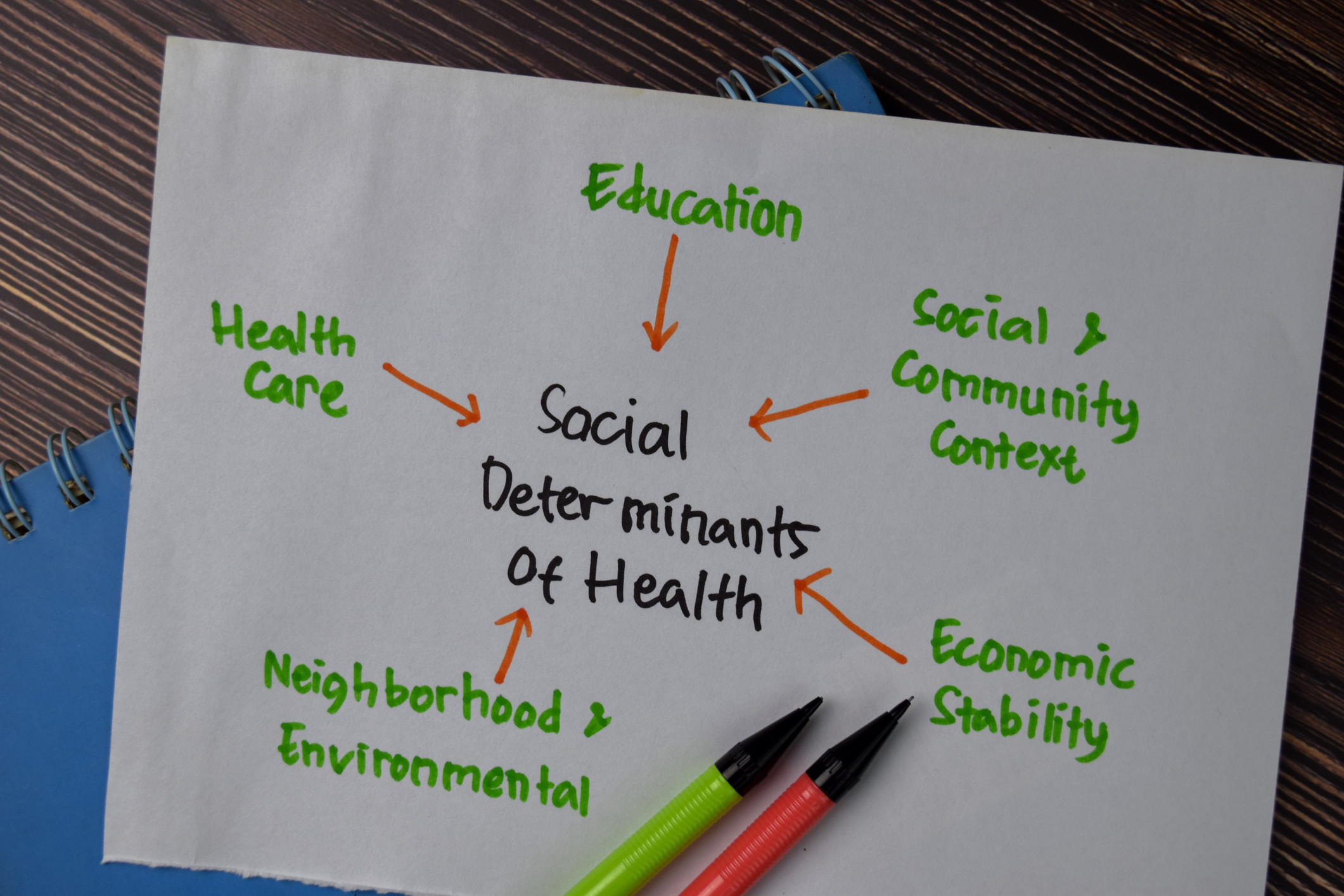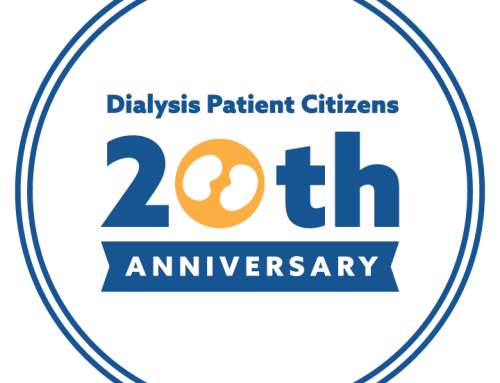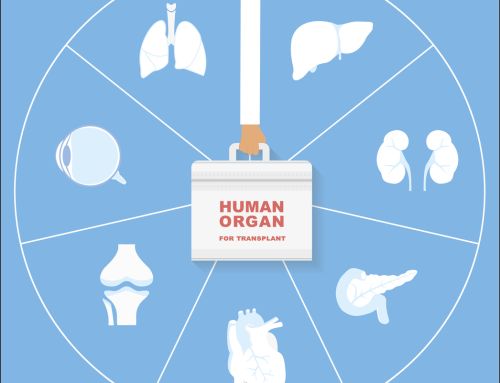The past two years have seen a flurry of activity aimed at addressing “social determinants of health” (SDOH) that historically get short shrift in the health care system. SDOH refers to the range of social, environmental, and economic factors that can influence health status—conditions that can often have a greater impact on health outcomes than the actual delivery of health services.
Last week, the Centers for Medicare & Medicaid Services (CMS) issued guidance to state health officials encouraging strategies in the Medicaid and Children’s Health Insurance Program (CHIP) to improve health outcomes, reduce health disparities, and lower overall costs in Medicaid and CHIP. The new guidance describes how states can leverage existing flexibilities under federal law to tackle adverse health outcomes that can be impacted by SDOH.
“The evidence is clear: social determinants of health, such as access to stable housing or gainful employment, may not be strictly medical, but they nevertheless have a profound impact on people’s wellbeing,” said outgoing CMS Administrator Seema Verma. “Unfortunately, our fee-for-service system inherently limits the doctor-patient relationship to what can be accomplished inside the four walls of a clinician’s office. Today’s letter to state health officials highlights strategies by which states can promote a value-based system that fosters treatment of the whole person and lowers healthcare costs. Patients are more than a bundle of medical diagnoses, and it’s time our healthcare system treated them as such.”
While states have flexibility to design a number of different services to address SDOH, the guidance focuses on a set of services and supports that states can cover under current law, including housing-related services and supports, non-medical transportation, home-delivered meals, educational services, and employment supports.
Other recent activities addressing social, economic, and environmental factors that affect health outcomes include:
Quality Measurement: The National Quality Forum has advanced a new quality measure for hospitals relating to detection and treatment of malnutrition. Other measures on screening for food insecurity are in the pipeline.
Medicare Demonstration Project: The Accountable Health Communities Model is testing whether systematically identifying and addressing the health-related social needs of Medicare and Medicaid beneficiaries’ through screening, referral, and community navigation services will impact health care costs and reduce health care utilization. The first evaluation report, issued in December, found that screening and giving assistance to patients with SDOH needs reduced emergency department visits by 9%.
Medicare Advantage: Medicare Advantage plans have been given new flexibility to offer additional benefits, such as meals, for beneficiaries who need assistance with SDOH issues.



























